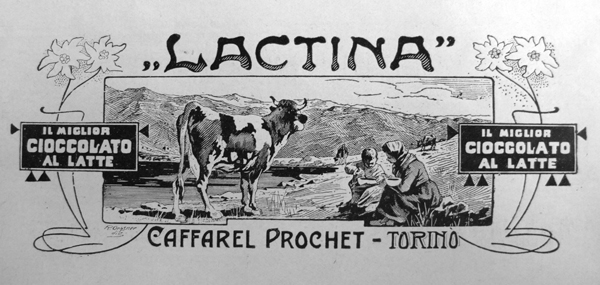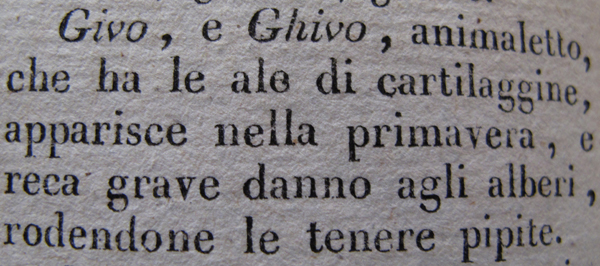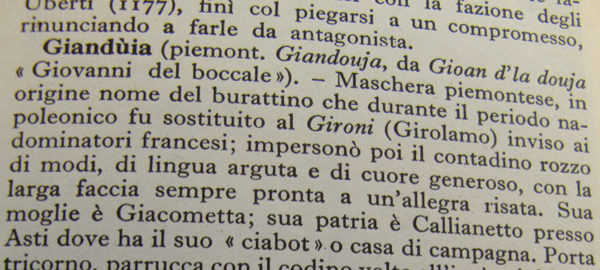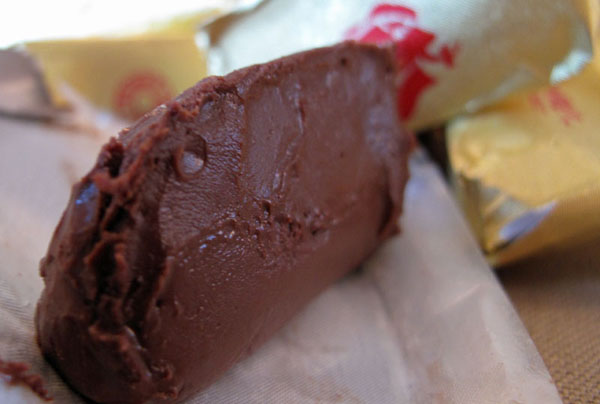
Though we’ve been discussing the earliest gianduiotti, the late-nineteenth and twentieth centuries brought a number of innovations in production, not all of them bad.

Though we’ve been discussing the earliest gianduiotti, the late-nineteenth and twentieth centuries brought a number of innovations in production, not all of them bad.

This week, we return to the myth of the early nineteenth century invention of gianduia. The setting of the story—the Continental System and its impact on industry and individuals—can be easily established. Yet there are no known contemporary sources describing gianduia or a gianduia-like substance in Piedmont during the six years between the Berlin Decree and the de facto collapse of the Continental System in the summer of 1812 when Russia and England made peace with the Treaty of Örebro.

Since the word “gianduia” will appear repeatedly in this series, let’s shoehorn some brief comments on spelling and pronunciation before moving forward.

On March 17, 1861, Vittorio Emanuele II was proclaimed king of the newly united Kingdom of Italy. This year, 2011, marks the sesquicentennial of Italian unification in Turin—the ancestral home of the House of Savoy, capital of Piedmont, capital of the Kingdom of Sardinia, and the first capital of Italy. In commemoration, we will spend some time examining a delicacy that has been historically identified with Turin, Piedmont, and the Risorgimento itself: gianduia.